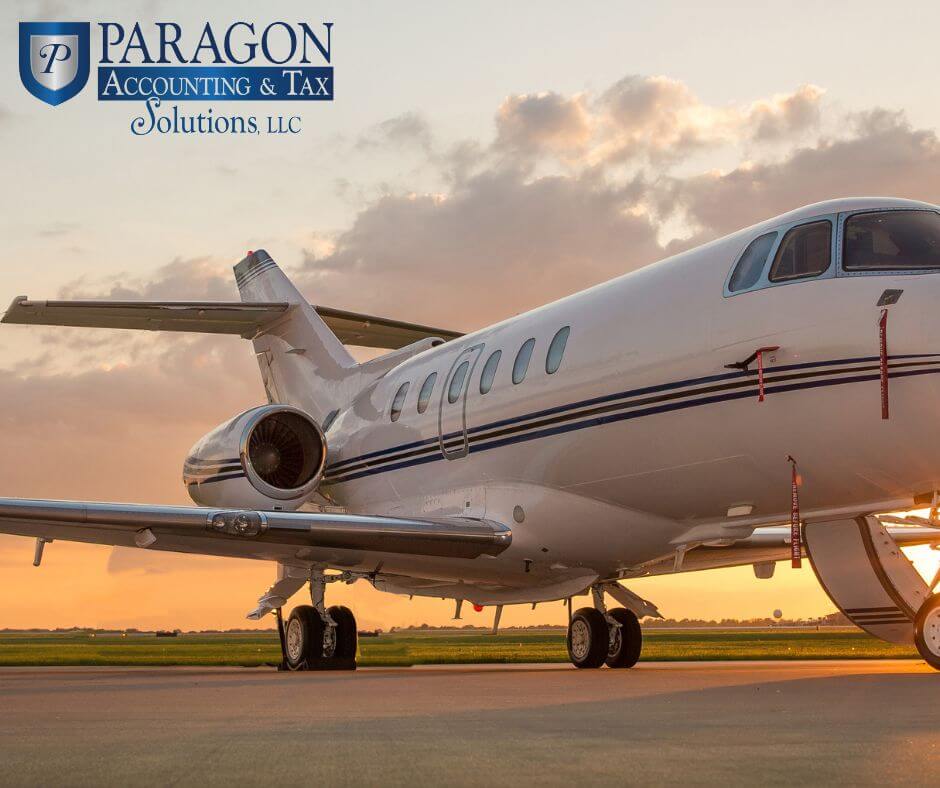Flying Friendlier Skies

In 1748, Benjamin Franklin published an essay called “Advice to a Young Tradesman,” where he wrote, “Remember that time is money.” Back then, a trip from Philadelphia to New York could mean four or five days bouncing up and down over muddy dirt roads and three or four nights sharing straw beds with strangers. (Deodorant wasn’t invented until 1888.) Ocean crossings took weeks. That’s a lot of shillings lost to travel time!
Today, of course, you can take the Acela from Philadelphia to New York in little more than an hour and fly from New York to London in seven. But that still isn’t fast enough for some people, who don’t want to waste time queuing up to go through security with the masses and waiting out rain delays at LaGuardia.
So, what does a hedge fund master of the universe dream of after he’s scored the Tribeca loft and Hamptons beach house of his dreams? The answer: his own jet. The average private jet owner is male, over age 50, working in banking, finance, or real estate, with a median net worth of $190 million. Private jet prices begin at around $4.8 million for a starter Cessna and range up to $75 million for a top-of-the-line Gulfstream. Saudi prince Alwaleed bin Talal has a $500 million custom Airbus 380 with a concert hall, Turkish bath, garage, space for horses and camels, and a throne and prayer room that rotates to face Mecca from any location on the planet.
Earlier this month, The Institute for Policy Studies released a report revealing that private jets make up one out of every six flights handled by the Federal Aviation Administration. That’s up 20% since the start of the pandemic. Yet those frequent flyers pay just 2% of the taxes that finance the FAA trust fund. That’s because commercial flyers pay a 7.5% excise tax on airline tickets, plus a separate passenger facility charge of up to $4.50. Meanwhile, private jets contribute just 22 cents per gallon of fuel.
Private jet flyers frequently make headlines. Elon Musk took 171 flights, burned 837,934 liters of jet fuel, and put 2,112 tons of carbon into the environment in 2022 alone. And socialite/entrepreneur/influencer/whatever Kylie Jenner drew fire as a climate criminal for a 17-minute flight from Van Nuys to Camarillo. Jenner’s trip would have taken 40 minutes by car, although anyone who battles Los Angeles traffic has to feel at least an ounce of sympathy for her choice.
The IPS report recommends implementing a 10% global transfer tax on pre-owned jets and a 5% tax on new models. They also recommend doubling the federal jet-fuel tax and imposing a “short hop” surcharge. They estimate that those changes would have cost Musk an extra $3.94 million in tax last year—real money for you and me, but merely a drop in his particular bucket.
It’s clear that private flyers aren’t paying their proportional share of FAA resources they consume. However, the frequent flyers at the IRS should still be fans of their activity. Jet owners pay millions of dollars to fly private because they believe their time is worth even more—and if they can work during the time the rest of us are listening to the screaming baby in 29B, presumably, they’ll earn more. That, in turn, means Uncle Sam gets a cut of those extra earnings. And 37% of that income adds up to lots more than 22 cents for a gallon of fuel.
Buying a business jet is a big commitment that involves lots of tax and accounting questions. You may not be able to afford one now. But someday, right? When you’re ready, don’t do it without calling us first!
